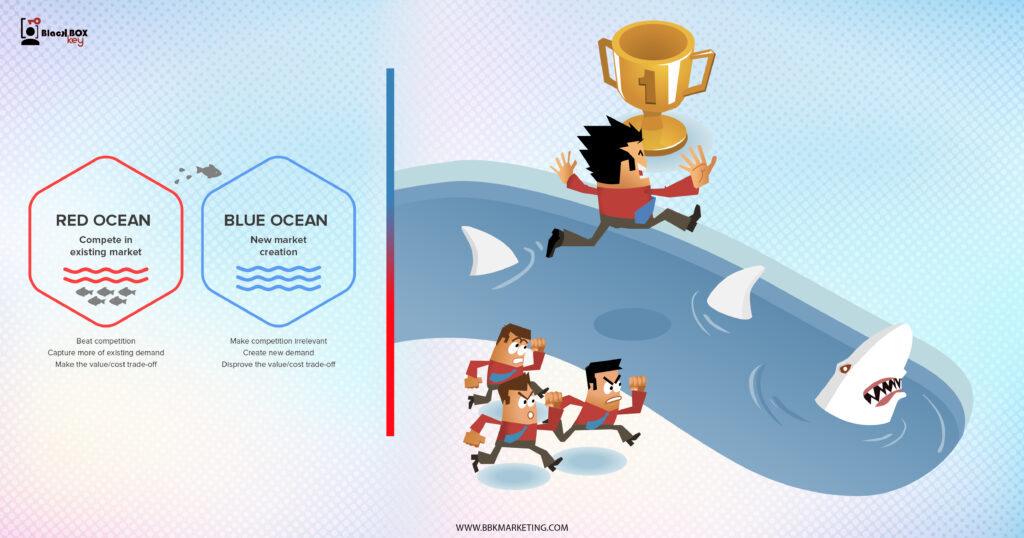Welcome to HubSpot Marketing News! Tap in for campaign deep dives, the latest marketing industry news, and tried-and-true insights from HubSpot’s media team.
The possibility of a nationwide TikTok ban in the U.S. has been swirling for a few years. While several states banned the app on government devices, Montana became the first state to ban the app on all devices last week.
Earlier this month a former executive at ByteDance, the parent company that owns TikTok, came forward alleging the company shared the data of U.S. users with the Chinese government among other accusations in a wrongful termination lawsuit.
While there has not been any evidence to support this claim, it could fuel the security concerns surrounding TikTok and other ByteDance-owned platforms in the U.S. While many conversations surrounding a TikTok ban have focused on the security impact, today we’re going to discuss the economic impact of the proposed ban.
On the surface, it appears a full ban could have a negative economic impact. Since 2019, businesses have come to rely on the app as a main marketing driver, leveraging TikTok for growth and customer acquisition that encourages spending in multiple sectors.
Since its launch in 2017, TikTok has had a meteoric rise in growth and popularity and has quickly become a key platform for marketers and businesses. Per a 2022 survey by Capterra, over half of small businesses found success promoting their offerings organically on TikTok, and 78% had a positive ROI running paid ads on the app.
With those kinds of stats, it’s no surprise companies have been willing to invest. In 2022, the platform brought in $9.9 billion in advertising revenue, a 155% increase over the prior year.
Though de-influencing has been a buzzy term on the app, TikTok effectively drives consumer decisions. According to a TikTok consumer spending study:
Customers spend 14% more when TikTok was a part of their buyer’s journey.
37% of TikTok users have immediately purchased a product after seeing it on the app.
Travel content is a popular niche on TikTok and many tourism boards have used the app to reach new visitors. According to a survey conducted by MGH, 60% of TikTok users were interested in visiting a new area after seeing content about it on the platform. Per the same survey, 35% of users have actually visited a new destination after seeing a TikTok video about it.
So what are local marketers planning to do if the app is fully banned nationwide?
Pivot. Tourism marketers in states where TikTok usage has already been banned or limited (such as Montana and Virginia) have pivoted to share short-form video content on Instagram Reels and YouTube Shorts instead.
TikTok has evolved from a video-sharing app to a powerful search engine, with 40% of young adults in the U.S. turning to the app to search for businesses instead of traditional search engines like Google.
Small businesses have tapped into the discoverability power of TikTok to get in front of these potential customers. According to TikTok, over 5 million American businesses are active on the platform. Taking the platform’s ad revenue and organic traffic into consideration, GoBankRate reports a total ban could cost the U.S. economy $6.8 billion.
The creator economy has exploded over the past decade and was worth $104.2 billion at the end of 2022. The latest estimates predict the creator economy will top a half trillion dollars by 2027, but will that be the case without TikTok?
In a 2021 Fortune article Seth Kean, CEO of ROI Influencer noted brands earned $7.2 million for every $1 million they spend on influencer marketing on TikTok, a 24% higher return than influencer marketing spend on other platforms. If TikTok goes away, advertisers will likely look to other platforms to fill in the gap, though the spending may be lower and spread across various platforms.
To best prepare for this, content creators (especially those whose main platform is TikTok) would greatly benefit from diversifying the platforms they distribute content to. Like the tourism boards mentioned earlier, content creators can repurpose their short-form video content to platforms like Reels and YouTube Shorts, and focus on owned media channels such as podcasts, blogs, email newsletters, and gated crowd-funded platforms like Patreon.
Not only do successful content creators help promote and market products from other companies, but some create jobs for other members of their teams by employing editors, assistants, and managers. If the platform of choice for some top creators goes away, the jobs that support creators could also be in jeopardy.
While we don’t know what the future holds, if a nationwide TikTok ban is enacted consumer spending behaviors will likely shift and the creator economy will be primed for a major pivot.
The latest marketing news and strategy insights.
Google will begin disabling third-party cookies for Chrome users in Q1 2024 as part of its cookie depreciation plan.
AI apprehensiveness: though tech firms are moving full-speed ahead with AI, consumers remain skeptical.
Taking a break from the bird app: 60% of active Twitter users have taken a break from using the platform over the past year.
Don’t call it a comeback: in a recent study, Facebook has shown an uptick in popularity among content creators, surpassing Instagram when it comes to creator satisfaction.



Stay in touch and up to date with your industry news… Always be a step ahead with BBK Services…
join newsletter now ⤵
